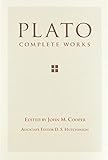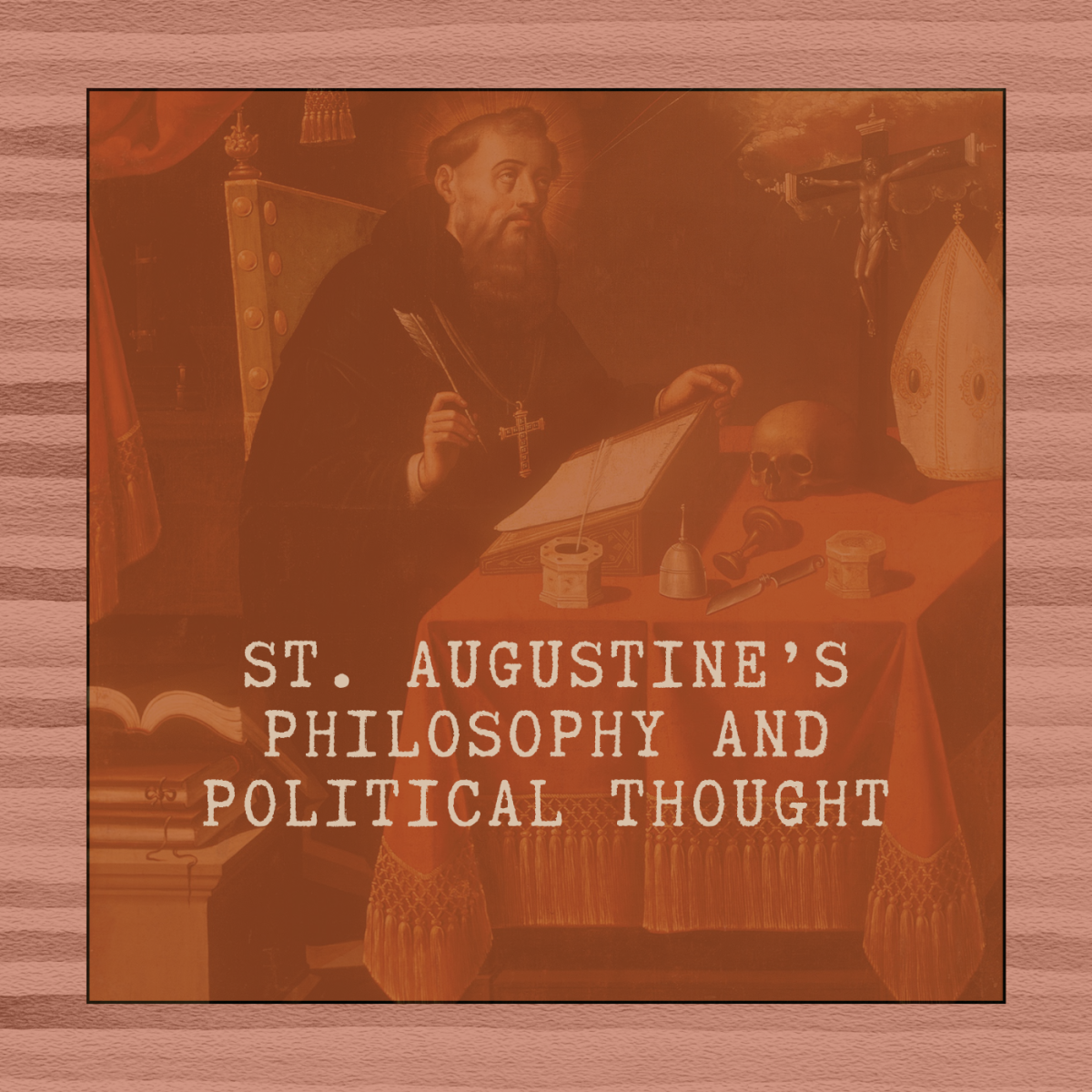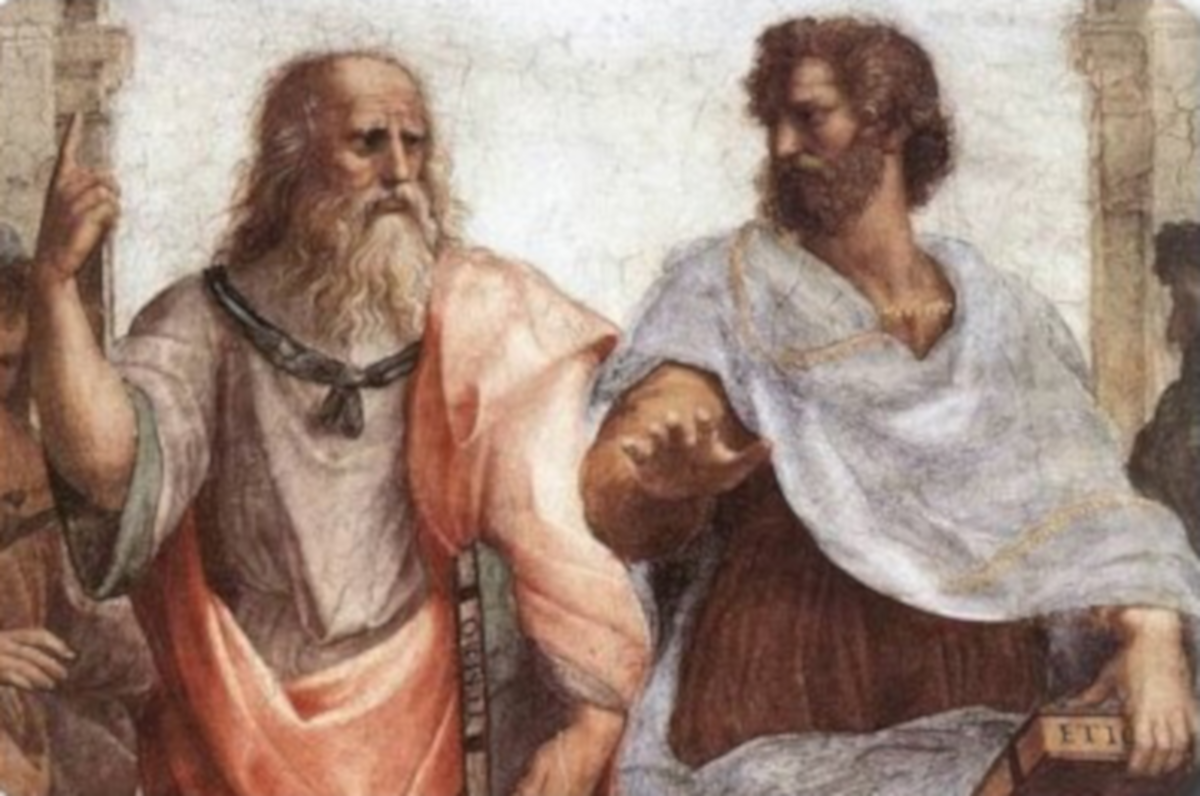Philosophy Simplified: Plato and his Greatest Works
All of Western philosophy is but a footnote to Plato.
— Alfred North WhiteheadPlato and his life
Plato was Socrates' student in Athens (428BC or 427BC or 424BC or 423BC to 348BC or 347BC) and the founder of the Athenian Academy which survived with a few inactive years until its closure by Justinian in 529AD.
Plato is said to be the father of western philosophy along with Socrates, and with the previously mentioned Socratic question, he could as well be the mind behind his master's currently known character too.
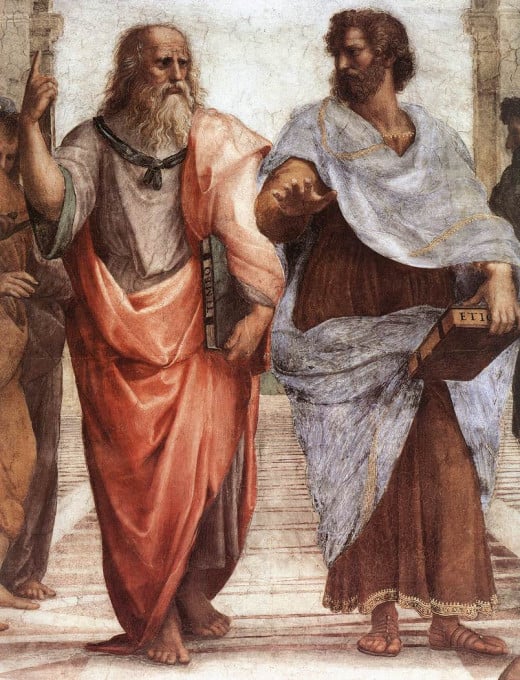
Recommended reading
Platonic realism
There are forms and ideas (universals), abstract objects. Your computer is an object in form, but behind it exist the idea of the computer, this idea is irrelevant of space and time. You can never sense these universals.
Taking it further, your form of the idea computer is only an object from the many, your particular computer is a copy of the form computerness. Plato considers the idea of good to be the supreme, most important idea.
Plato's state
Plato, much like almost any other ancient Greek philosopher, criticized democracy. He described a meritocratic utopia in The Republic, in which people are placed into categories based on their virtues.
The state itself is rather totalitarian, there are only three classes and each citizen is destined to perform in the profession they are most proficient in. The bottom class is the producers, artisans producing the necessary goods to keep the state working. In the middle are the auxiliaries whose sole purpose is to fight in wars, and on the top are the guardians responsible for teaching and governing the populace.
Plato's state provides the same education of literature and music to guardians and auxiliaries, with some details forbidden, such as certain instruments, meters and themes Plato considered to be equal to vices. Later they'd partake in gymnastics to provide a perfect body for the perfect mind. The state would be led by a philosopher monarch from the guardian class.
The family concept in the utopia is rather interesting too. Plato considered families to be destructive to a community, and in his state, he sought to describe a society where family relations don't exist. Men don't know their children, and women cannot take care of their own. Women aren't held responsible for promiscuous behavior as there's no binding marriage or morals. He also refutes the importance of love, proclaiming it to be destructive as well.
Another interesting concept is the breeding within the state, which involves modern eugenics, stating that the best men should breed with the best women and mating of inferiors should be avoided. Sounds deliberately totalitarian, but also winks at the modern ideologies and breeding programs such as the ideals of the Third Reich.
An interesting thing for those familiar with Aldous Huxley's Brave New World is a comparison between Plato's state and the world state that exists in the British anti-utopia.
Allegory of the Cave
I consider this allegory to be the most important of Plato's works. Believe me or not, you have probably seen a Hollywood adaptation of the allegory already, it's called 'The Matrix'. There is one tiny difference that grows huge on the philosophical side, but that's for later. Now, the allegory itself:
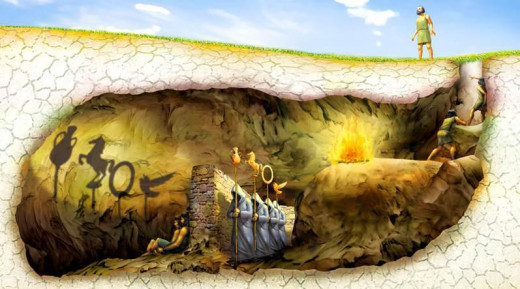
The work itself is a dialogue between Socrates and Glaucon, Plato's brother.
Prisoners are chained to stay in place in a cave. Their necks are fixed, they can only stare at the cave wall in front of them. Behind them is a fire, between the fire and the wall in front of the prisoners is a catwalk with a low wall where people walk with different objects. The people don't cast shadows on the cave wall due to the low wall, only the objects do. The prisoners can only see the shadows on the wall. The sound of these people echo off the wall, making the prisoners believe that the sounds they hear come from the wall.
The prisoners are unable to understand that these objects are inspired by real living things outside the cave, because the sole thing they have seen in their lives is the shadow-play on the wall. This is their reality.
One prisoner is freed, and is forced to turn and see the fire. The light hurts his eyes, he's struggling to see. '...it would hurt his eyes, and he would escape by turning away to the things which he was able to look at, and these he would believe to be clearer than what was being shown to him.'
'suppose...that someone should drag him...by force, up the rough ascent, the steep way up, and never stop until he could drag him out into the light of the sun.' The Sun's brightness would blind the prisoner, it would anger him. This light is the new reality, the 'real reality'.
He gets accustomed to the light, first seeing shadows then reflections in the water, then he can look at the Moon and the stars at night, and finally he'll be able to stare at the Sun itself.
The freed prisoner is returned to the cave. He knows that the world above is superior, and will try to free the other prisoners. But the cave's darkness blinds him, and the other prisoners would presume that his journey only harmed him, and they would never undertake it.
Socrates concludes that the prisoners, if they were able, would even kill those attempting to remove them from the cave.
The Matrix and other modern interpretations
The main difference between Plato's allegory and the Hollywood blockbuster movie is the fact that in The Matrix, the decision of leaving is proposed, and the protagonist decides in favor of the light, despite Plato arguing that the prisoner would prefer the cave. I'll leave the interpretation of this difference to you, there are countless out there.
Another modern appearance of the allegory is in the universe of Fallout, with the vault dwellers locked within their vaults cultivated to become perfect vault citizens. Especially in Fallout 3, the vault is never supposed to be opened. The dangers of the outside world taught to the inhabitants serves as the chains keeping them inside, despite some of them already having been outside.
When the player character leaves the vault, a new perspective is shown, a hole with lies where people were locked away. And after learning the secrets of the other vaults, the player develops yet another view on the vaults, them becoming one with the actual, terrifying reality they enclosed: scientific testing grounds, with people instead of mice. But would the average vault dweller believe the player? No, they are conditioned not to.
Connection to The Matrix explained
The rest of my philosophical articles
- Philosophy Simplified: Introduction and Table of Contents
A beginner's guide to philosophy, from Thales to Wittgenstein, from ancient Greece to modern Britain. Each article describes an important topic in philosophy, aimed to teach and entertain.
© 2015 Medvekoma

